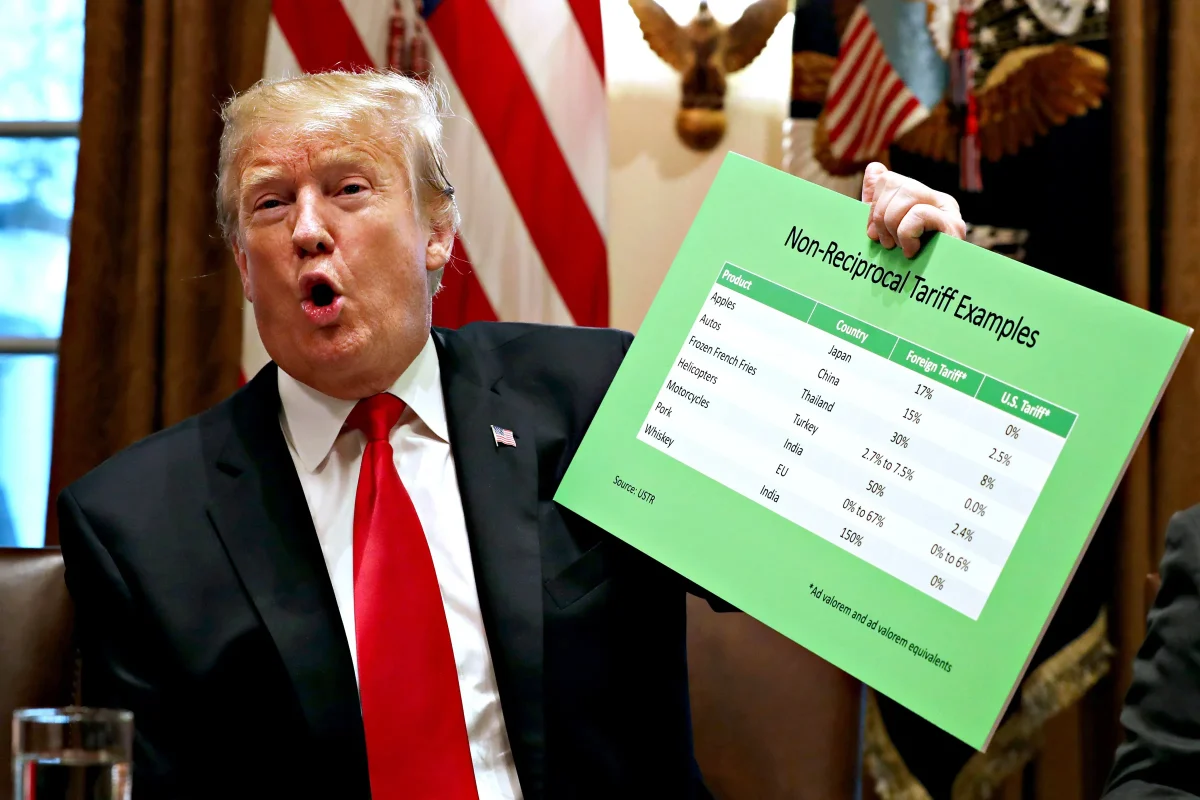On January 26th, a serious diplomatic dispute unfolded between the United States and Colombia, mainly because of immigration and trade issues. The conflict began when Colombian President Gustavo Petro refused to allow a U.S. military aircraft carrying deported Colombian nationals to land in Colombia. Each flight was transporting at least 80 deportees. In response, U.S. President Donald Trump threatened to impose a 25% tariff on all Colombian imports, as well as travel bans and visa revocations for Colombian government officials.The stated objectives of these tariffs are to protect U.S. industries and address concerns related to illegal immigration and drug trafficking. He warned that these tariffs could double to 50% if Colombia did not reverse its decision. The Trump Administration said that “Countries have a duty to extradite their citizens”. The U.S. State Department emphasized this obligation, leading to a temporary halt in U.S. visa processing in Bogota. The administration’s actions were part of a broader strategy to use economic pressure to enforce immigration policies.
President Petro initially blamed U.S. military aircraft for deportation flights, expressing concerns for the treatment of deported individuals. He demanded the U.S. treat deportees with dignity and questioned the authority of using military planes for such purposes. In response to these tariffs, Canada and Mexico have shown no signs of backing down. The economic consequences of the threatened tariffs were significant. The Mexican peso fell as much as 2.3% on Monday, giving back almost all its year-to-date gains. The currency fell almost 20% to the dollar in 2024. Mexico and Canada also face a February 1st deadline to meet Trump’s demands on border security and other issues or Washington will slap tariffs of 25% on imports from their countries. Overall, the tariffs have contributed to economic uncertainty. Canadian businesses are having to adjust their sta=ratergies to cope with the higher costs and potential for a prolonged trade dispute, while policy-makers work to balance the need to protect industries with importance of maintaining trade relations with the U.S. As of now, the tariffs on Mexico have been paused for one month following Mexico’s agreement to enhance border enforcement.
The recent diplomatic tension between the United States and Colombia over deportation flights has led to new developments. Following the dispute, Colombian President Petro has called on undocumented Colombians residing in the U.S. to return home. He announced that the Department of Social Prosperity would offer credits to those who return and enroll in its programs, aiming to build wealth within Colombia. This came after Colombia agreed to accept deported migrants from the U.S., following President Trump’s imposition of 25% tariffs on Colombian imports and visa restrictions on Colombian officials. The agreement led to Colombia sending its own air force planes to collect the migrants, ensuring they were treated ‘’with dignity’’ and without being handcuffed. These developments are ongoing, and the situation remains active as negotiations continue.








